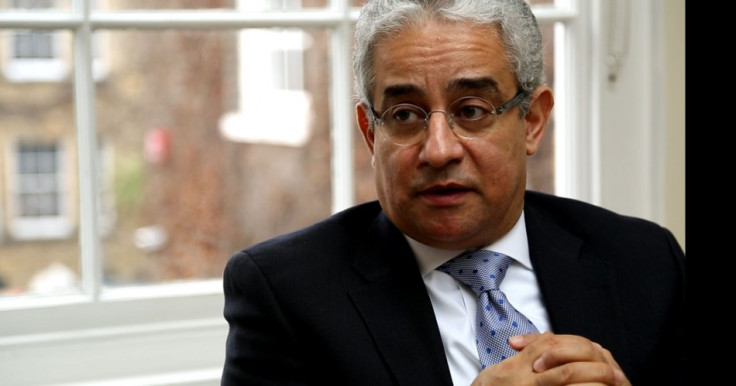Mali's Future: What Next in War on Terrorism?

Last Friday, a surprise suicide attack against Malian troops in Gao marked the first assault since the start of a French-led offensive against al-Qaida-linked militant groups in the country. It also rang an ominous bell for France's month-old campaign, which drove back jihadists in the region's deserts and mountains but did not crush them.
According to some commentators, the hit-and-run attack may represent the start of a "long war" on the scale of the Afghani conflict waged by US against the Taliban. Fast-moving militants, trained to resist bruising insurgencies, may prove to be a thorn on the side for the Western war on terrorism in North Africa. The long-term threats affect not only Mali, but also the whole semi-arid Sahel region, which runs across Africa from the Atlantic to the Red Sea.
"The situation is way bigger than Mali," Ali Soufan, former FBI supervisory special agent and CEO of The Soufan group, said during an event discussing rising radicalism in the Sahel at King's College, London. "It affects North Africa, [and so] can become a regional if not international problem."
Soufan is not optimistic about the outcome of French intervention in Mali. "Like Afghanistan, the war was over in less than a month," he said. "But there it lasted more than World War I and II."
The political dimension of Mali's crisis could give a clue to the interests on the field. Tuareg rebels in the Sahel have been battling for independence since the 1950s, and the 2012 uprising was the fifth since 1961. But the National Movement for the Liberation of Azawad (MNLA), a secular separatist Tuareg group, has announced it will cooperate with France and the Malian government.
The group, which would like political visibility on international politics, has lost legitimacy since it allowed room for an al-Qaida-linked group to take over the field in the March 2012 coup. The idea of negotiations has already met some opposition in southern Mali. Abdooulaye Sall, an analyst from the Centre for Reflection and Information to Consolidate Democracy in Mali, called the MNLA a "Trojan horse to jihadists and narco-traffickers".
But the Malian government has prepared a road map that involves all political and ethnic groups in a political effort to rebuild the country, including the MNLA.
"I think the MNLA will finally come on board," Mark Saade, Mali's honorary consul to Britain, told IBTimes UK.
"The Malian government is ready to talk to the MNLA on condition that it relinquishes all claims for a separate entity within Mali and violence. Other groups are just terrorists. If we improve living standards in the north, Malians themselves will deal with the situations."
Addressing the Tuaregs' longstanding grievances is one of the challenges that the Malian government has to face in the short term, to pave the way for elections in July, according to Saade.
"These groups prospered partly because the Tuaregs felt disgruntled by the state," he said. "We need to get the people to be part of a nation-building effort."
One question is whether the Malian army, which was unable to prevent the Tuareg fighters from taking over the north in 2012 and was subsequently reprimanded for human rights abuses and tainted by defections, will be able to stand up to jihadist militants if they come out again from the deserts and mountains. Saade holds no doubts.
"The Malian army is on its way to consolidating its grip on the country," he reassured. "These groups [Al Qaida in the Islamic Maghreb and Ansar Dine] have no local support and that's way Mali will never turn into the Afghanistan of West Africa or 'Africanistan'. Followers of these groups are not Malians, they are foreigners that came to our country to foment problems.
"If you don't feed them, they will not propagate," he said.
© Copyright IBTimes 2025. All rights reserved.






















